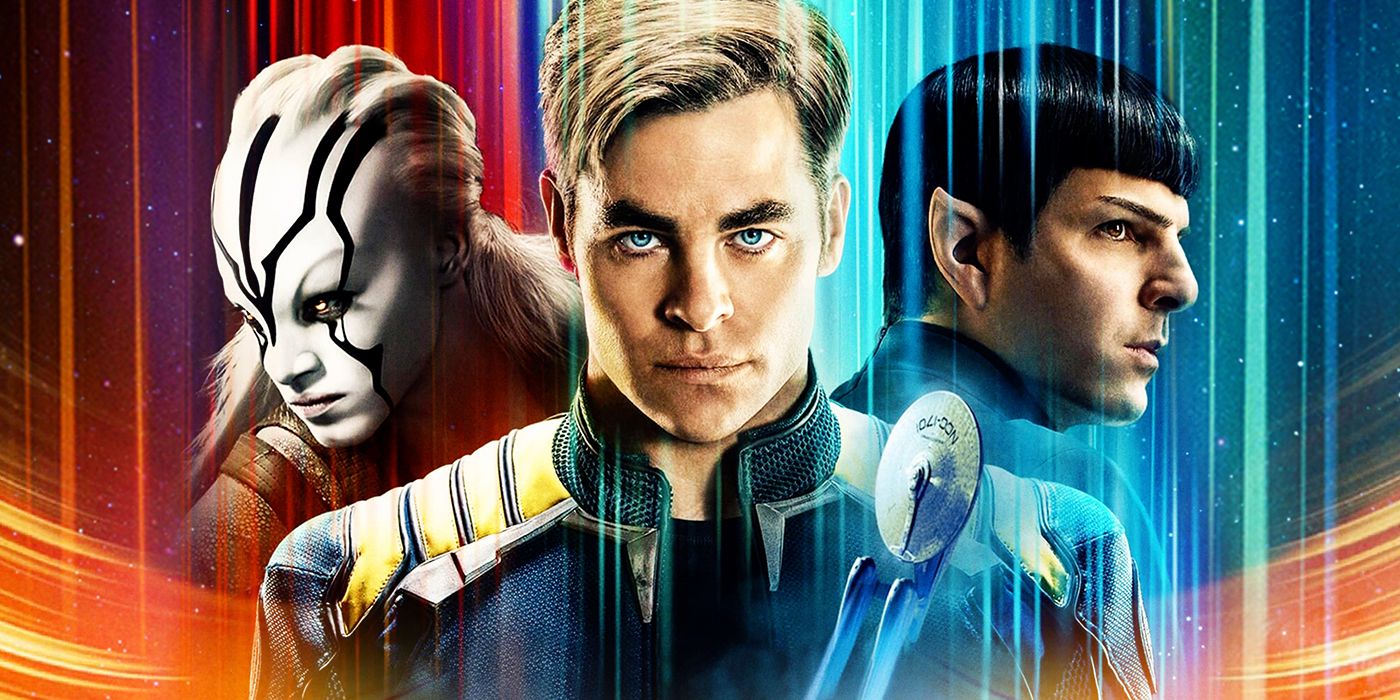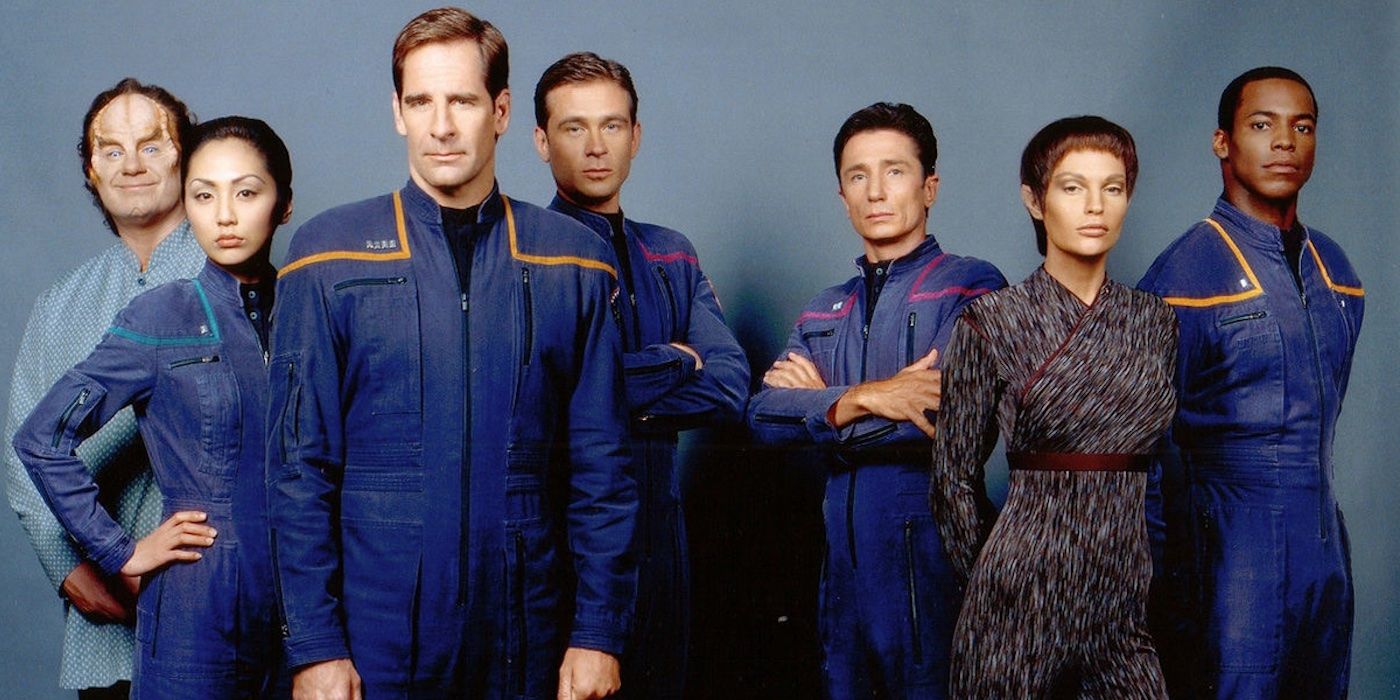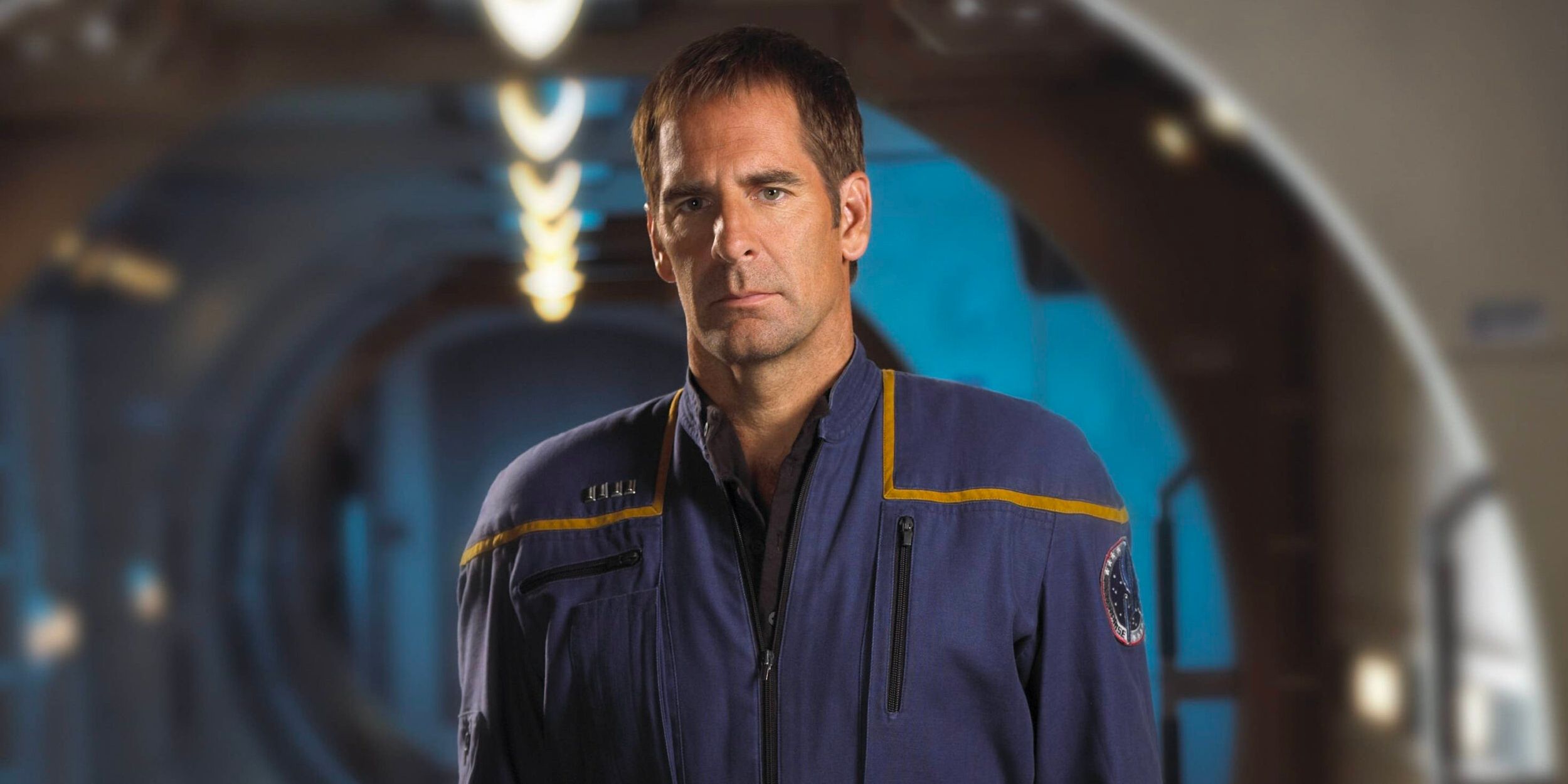The Big Picture
-
Star Trek: Enterprise
explored a time period before the Federation, showcasing early space exploration by humans in the
Star Trek
universe. - Despite a bumpy start with controversial changes like a non-instrumental theme song, the show gained traction in its later seasons with new storylines.
-
Star Trek: Enterprise’s
cancellation after 4 seasons was attributed to a variety of factors, including low viewership amid franchise fatigue.
September 2001 brought a new Star Trek series to television, which followed the adventures of the crew aboard the first starship Enterprise, led by Captain Jonathan Archer (Scott Bakula). Appropriately titled Star Trek: Enterprise, the series explores the time period before the founding of the Federation. It was a refreshing take for the Star Trek franchise, spotlighting an era that had not been present on screen to any large degree, even including Star Trek: First Contact which takes place long before Star Trek: Enterprise.
However, the fresh take on the Star Trek franchise didn’t help, and Star Trek: Enterprise was cancelled after only four seasons. While there wasn’t a single reason for its cancellation, it could be argued that the series had engaged in its own Kobayashi Maru simulation due to its own ambitions. With that in mind, beam aboard as we look at the ill-fated voyage of Star Trek: Enterprise.
Star Trek: Enterprise
A century before Captain Kirk’s five-year mission, Jonathan Archer captains the United Earth ship Enterprise during the early years of Starfleet, leading up to the Earth-Romulan War and the formation of the Federation.
- Release Date
- September 26, 2001
- Cast
- Scott Bakula , John Billingsley , Jolene Blalock , Dominic Keating , Anthony Montgomery , Linda Park , Connor Trinneer , Solomon Burke Jr.
- Main Genre
- Sci-Fi
- Seasons
- 4
‘Star Trek: Enterprise’ Tried to Be Different
Star Trek: Enterprise introduces the first iteration of the famed starship, designation NX-01, 100 years prior to Star Trek: The Original Series. This Enterprise lacks the bells and whistles that its kin are outfitted with, like grappler cables instead of a tractor beam, and missiles instead of particle weapons. The starship is the first vessel capable of warp five, and its crew the first deep space explorers in Starfleet. What we learn is that the Vulcans, who first made contact with humanity in the aforementioned Star Trek: First Contact, have been slow in introducing even more advanced technology, fearing that humans are not prepared. Without the help of the Vulcans, human space exploration has progressed slowly, something that doesn’t sit well with test pilot Jonathan Archer, described as a “dedicated and bold captain with a dash of space-cowboy flair” with a curious hint of prejudice toward Vulcans. Joining Archer is Commander Trip Tucker (Connor Trinneer) and Sub-commander T’Pol (Jolene Blalock). The series, as a whole, went from documenting first encounters with Star Trek mainstays Klingons and Andorians to laying the groundwork for what would eventually become the Federation.
For a series that aimed to dramatize the events that would be the genesis of all the franchise entries to follow on the timeline, Star Trek: Enterprise didn’t exactly endear itself to Trekkers off the bat. For the first two seasons, the series broke from tradition by dropping the Star Trek prefix, and was simply titled Enterprise. The series also declined to use an instrumental theme, a long-time staple of the franchise that began with the iconic theremin-heavy opening of the original series. Instead, the Diane Warren-penned power ballad “Faith of the Heart,” sung by Russell Watson, played over the opening credits. That decision was greeted with vitriol by the Star Trek fanbase, with one online petition saying, ”We wish to express our unmitigated disgust with the theme song that has been selected for the new ‘Enterprise’ series. It is not fit to be scraped off the bottom of a Klingon’s boot.”

What Happened to the ‘Madame Web’ Director’s Star Trek Movie?
Why did S.J. Clarkson never enter the world of Tribbles and Gorns?
‘Star Trek: Enterprise’ Couldn’t Find an Identity
Star Trek: Enterprise started strong, attracting 12.5 million viewers on its UPN debut on Sept. 26, 2001. The first two seasons were largely comprised of stand-alone episodes, which Jolene Blalock assessed as boring, ignored basic tenets of the franchise’s choronology, and pushed revealing costumes over character development. It resulted in a lack of engagement from viewers, and by the end of Season 1, half the audience had jumped ship, and by the end of Season 2, only a third of the original viewers were still on board.
In the hopes of stopping the bleeding, producers changed gears for its third season, added the Star Trek prefix, and introduced a single, yearlong storyline that saw the ship’s crew up against the Xindi, a malevolent alien race. Manny Coto, the man behind Odyssey 5, was made co-executive producer and made an immediate impact, with episodes that fans and TV insiders hailed as, finally, up to Star Trek snuff. As per the previously cited New York Times, the improvements didn’t help, and viewers continued to abandon ship. By Season 4, show runners had pretty much thrown in the towel. “When it was time to start the writing for Season 4,” Coto said, “we were mostly gearing episodes towards people who knew the ‘Star Trek’ universe. We were not worried so much about people who didn’t. They were gone anyway.” And on May 13, 2005, UPN pulled the plug and cancelled Star Trek: Enterprise.
‘Star Trek: Enterprise’s Fate Was Sealed
Low viewership would be the obvious answer as to why Star Trek: Enterprise got the axe, but far from the only reason. There was legitimate Star Trek fatigue, with Star Trek: Enterprise as the last of a continual run of Star Trek as a TV series that had started back in 1988 with Star Trek: The Next Generation. The franchise also took a heavy hit at the box office, with 2002’s Star Trek: Nemesis a major disappointment, for much the same reason. Airing on a fringe station like UPN was another factor that played against the series, with a total viewership well below the big networks.
The series did have its fans, however, and certainly deserved a better sendoff than the series finale “These Are the Voyages…” The episode was fashioned as a “lost episode” of Star Trek: TNG, circa Season 7 episode “The Pegasus.” In the much-maligned finale, Commander Riker (Frakes) uses the holodeck to solve his problems by viewing the final mission of Captain Archer and crew aboard the NX-01 Enterprise. In a nutshell, all the 22nd century scenes with the cast of Enterprise are all holodeck simulations, turning the characters that fans devoted four seasons to into guest stars on their own show, in favor of two actual guest stars from TNG (Marina Sirtis‘ Troi also appears) who are the primary focus. It was a slap in the face to a cast that tried their damnedest for four years to make Star Trek: Enterprise worthy of the Trek franchise. Scott Bakula was so angered over the story that he got confrontational with writer-producer Brannon Braga. While Star Trek: Enterprise will never be hailed as a Trekker favorite, it stands as one of the few times that the Star Trek franchise has tried something unique and fresh. For that reason alone, it deserves to be celebrated.
Star Trek: Enterprise is available to stream on Paramount+ in the U.S.
Stream on Paramount+





